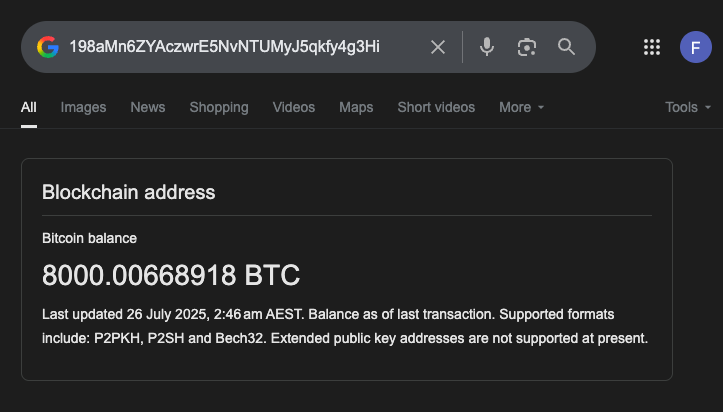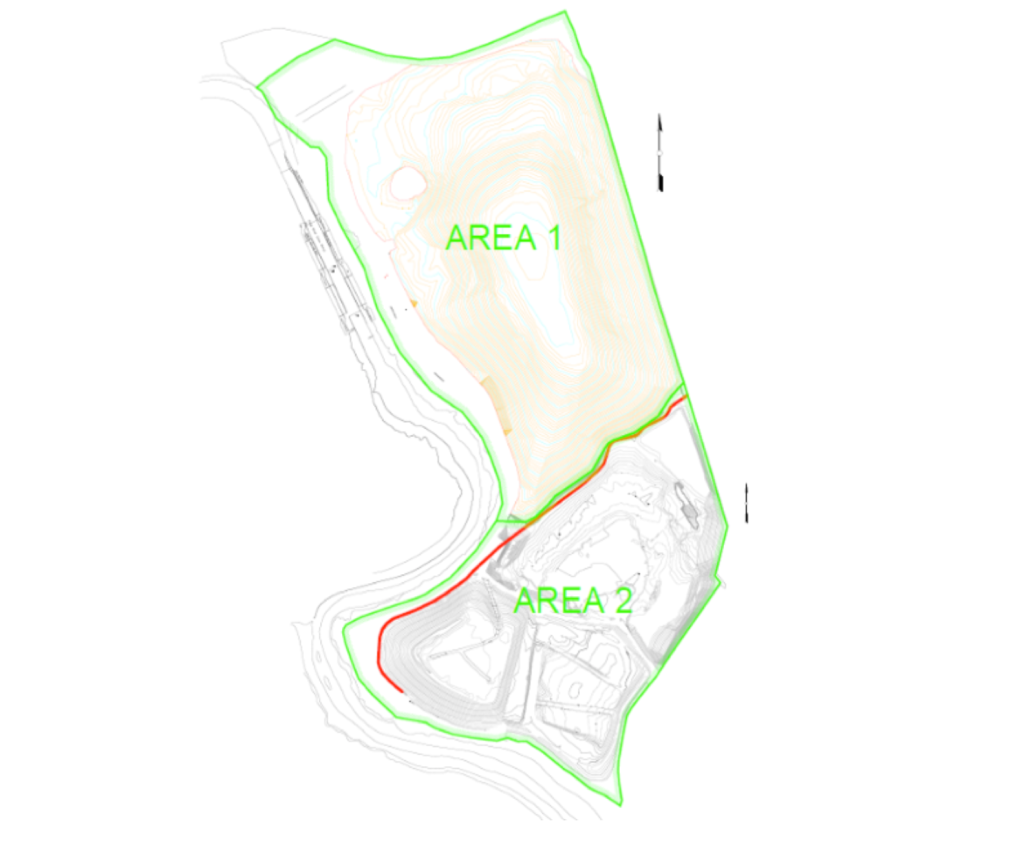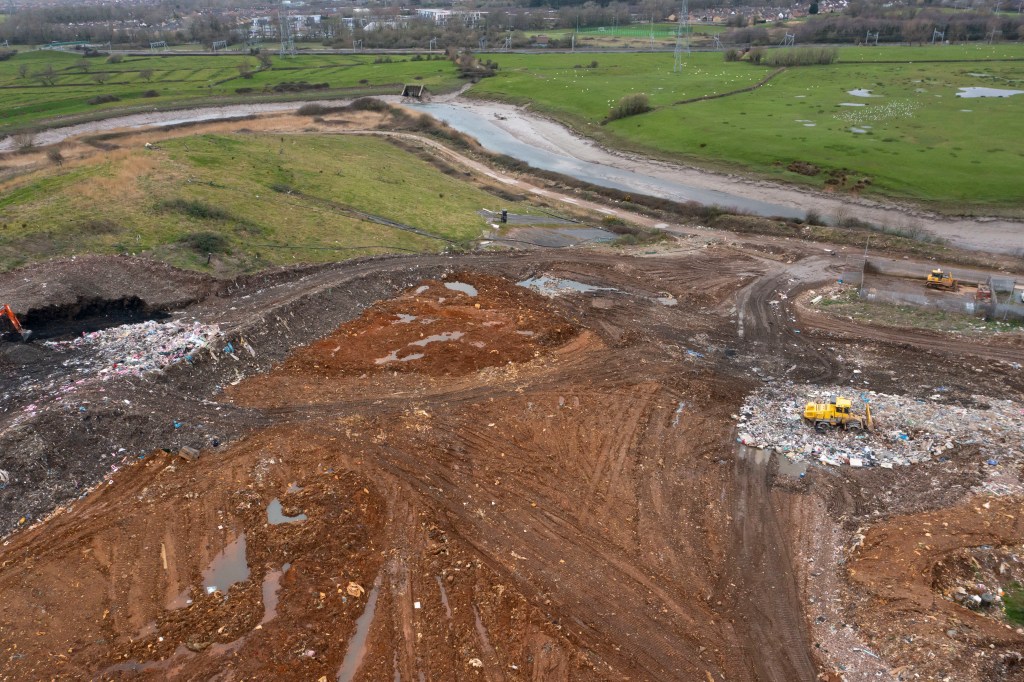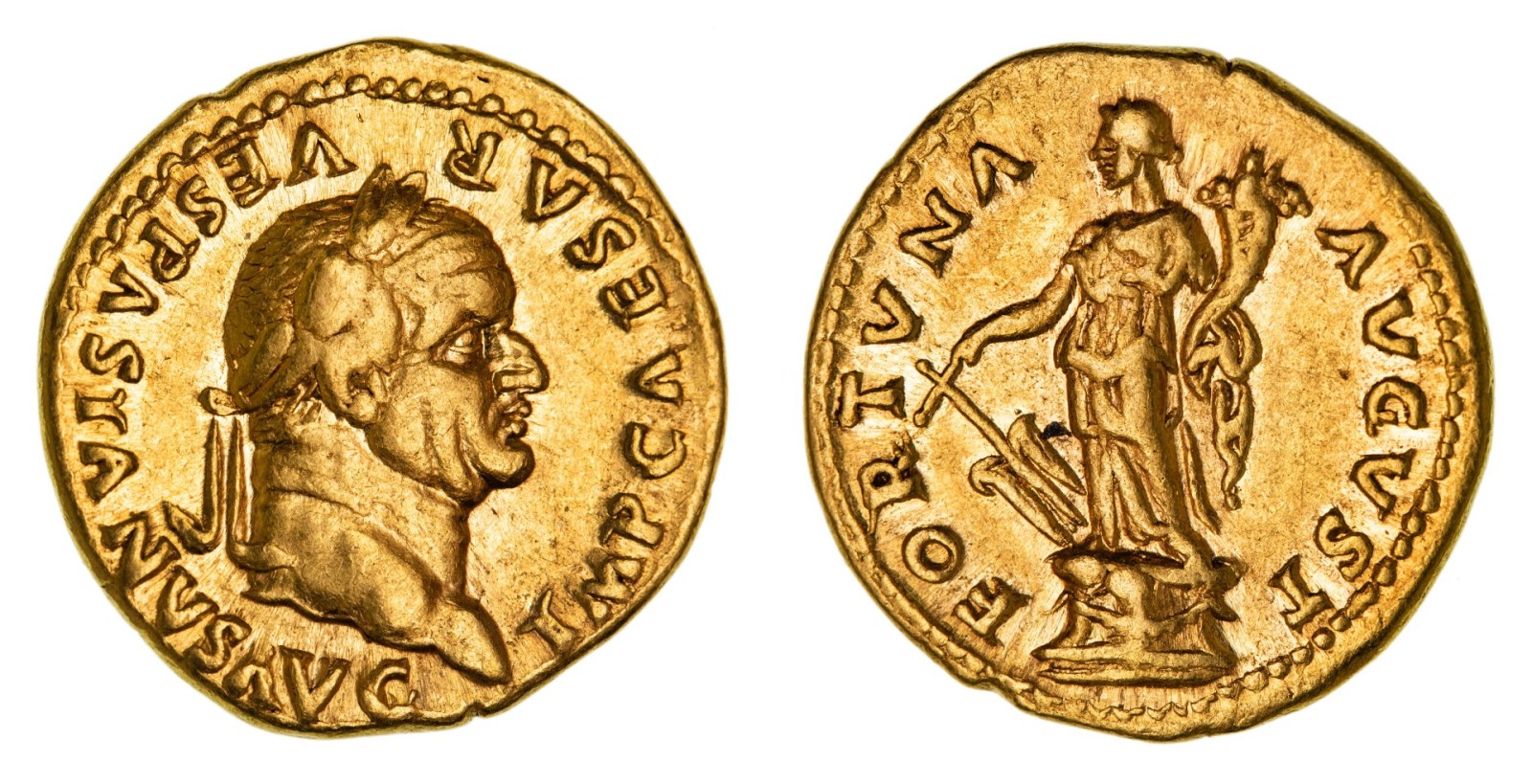After years of failed excavation pleas and ignored letters to local officials, the Welsh IT engineer behind the world’s most infamous crypto blunder is changing tack to reclaim his billion dollar bitcoin fortune.

In the summer of 2013, James Howells, a Welsh IT engineer and early bitcoin miner, made one of the most expensive mistakes in tech history. A spare hard drive – identical in appearance to a blank one he intended to throw away – was left in a drawer in his home. When his then-girlfriend did a house clean-out, it ended up in the bin. The wrong drive was taken to the tip.
That hard drive contained the private key to a wallet holding 8,000 bitcoin.
Today, bitcoin is priced at AU$176,000, meaning Howells’ wallet holds digital assets worth more than $1.4 billion.
That drive is buried somewhere under a massive waste site in Newport, Wales.
That girlfriend? Now, an ex.
For more than a decade, he has undergone painstaking measures to try and get it back, pleading with the council to let him search the tip. But now, after yet another failed attempt to gain access to the landfill site, Howells tells Forbes Australia, he’s changing tact.
The bitcoin that got away
Howells mined the coins himself in bitcoin’s early days, long before crypto made headlines or fortunes. He stored the private keys on an encrypted hard drive, kept separate from his day-to-day devices. In 2013, while cleaning up, he threw away the wrong drive – or more specifically, his ex-girlfriend did, mistaking it for junk.
Only later did he realise what had happened. By then, the site had already begun compacting and burying waste. The drive was gone – but the coins remained on the blockchain, untouched and fully traceable, sitting in a publicly viewable wallet address:
198aMn6ZYAczwrE5NvNTUMyJ5qkfy4g3Hi.
And before you ask. Yes, you can look it up. And no, you can’t access it.

Just buy the whole tip
In January 2025, the High Court in Cardiff dismissed James Howells’ legal claim to access Newport’s landfill and retrieve the hard drive. Judge Keyser KC ruled there were “no realistic prospects of success” and confirmed that the landfill – and everything in it – is owned by Newport City Council under the Control of Pollution Act 1974.
Howells appealed the decision, but in March 2025, the Court of Appeal in London refused to grant permission for the case to proceed, upholding the earlier ruling. With his legal avenues in the UK now effectively closed, Howells has indicated he may take the matter to the European Court of Human Rights.
By July, the 39-year-old says he pivoted to a new strategy, submitting a “formal £25 million offer” to Newport City Council to purchase Area 2 of the Docksway landfill – the section he believes contains the buried bitcoin drive.
Under the proposal, Howells says he would not only take full legal ownership of the landfill section following its scheduled closure in 2026, but also assume the site’s post-closure environmental liabilities – estimated at £25–30 million over the next four decades.
“This proposal is not legalistic or adversarial,” Howells wrote in the letter, viewed by Forbes Australia. “It is a sincere and practical exploratory offer designed to benefit both parties – especially the Council and the residents of Newport by unlocking new capital investment and reducing long-term costs for taxpayers.”
The response? Silence, he claims.

After receiving no reply, Howells followed up on 14 July, requesting confirmation that the proposal had been logged and escalated. He says he again received nothing. By 28 July, he issued a final notice, placing the council on formal legal notice and citing potential breaches of Section 123 of the Local Government Act 1972 and Section 3 of the Local Government Act 1999.
“The Council has now had 28 full days to respond,” he wrote. “In the absence of a formal, reasoned reply within seven calendar days of this letter, I will assume the proposal has not been appropriately addressed, and I will proceed to escalate the matter.”
Newport City Council said it was contacted last month by James Howells about the possibility of him purchasing land.
“Mr Howells currently owes the council just short of £117,000 in legal costs, costs which we occurred defending his claim for £500m submitted last year, which was dismissed by both the High Court and the Court of Appeal,” a council spokesperson told Forbes Australia.
“The council has a duty to the taxpayer to recover this money.
“As such, the council has responded to Mr Howells’ correspondence, reiterating that he is required to pay us these costs, and that we will not be spending any more of our officers’ time on this issue until that payment is made.”
‘Done asking for permission’
But after a decade of refusals, Howells has now changed course entirely.
“I am no longer pursuing the purchase of the landfill,” he told Forbes Australia. “I am no longer pursuing excavation. I am no longer pursuing dialogue with the council or its representatives.”
“The 8,000 Bitcoin are legally mine under UK law – the balance of which can be verified by anyone worldwide at any time.”

Instead, he’s building something new: a web3 payments ecosystem backed by the notional value of the lost bitcoin.
His goal? To make that dormant wallet active – not by unlocking it directly, but by turning it into a vault for a decentralised payments infrastructure.
Ceiniog Coin – named after the old Welsh word for penny – is a Bitcoin-based smart token that Howells plans to launch later this year. Backed by the full value of his 8,000 BTC wallet, the project will offer discounted tokens through a global ICO and aims to build a fast, scalable payment network on top of the Bitcoin blockchain.
Whether this approach holds up under crypto market scrutiny remains to be seen.
Look back on the week that was with hand-picked articles from Australia and around the world. Sign up to the Forbes Australia newsletter here or become a member here.



